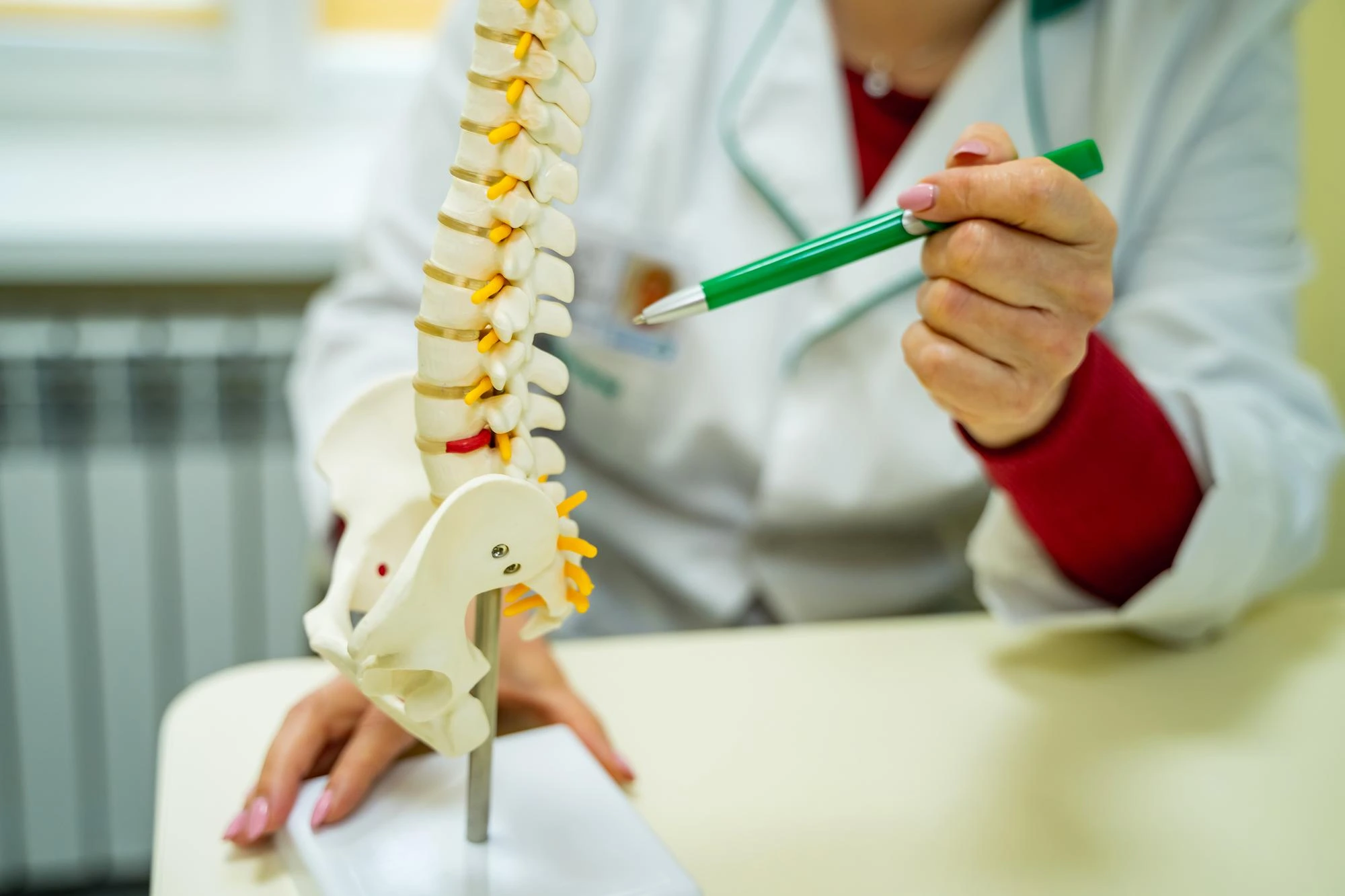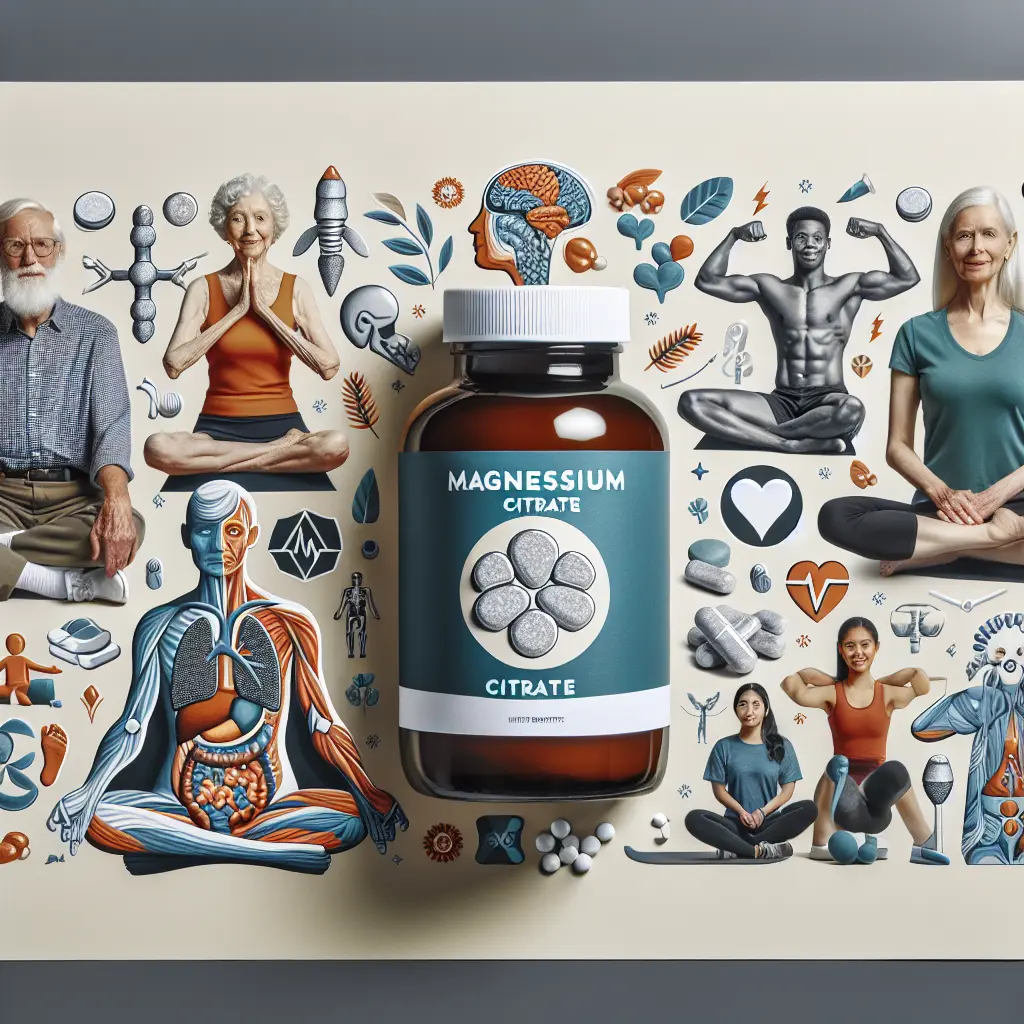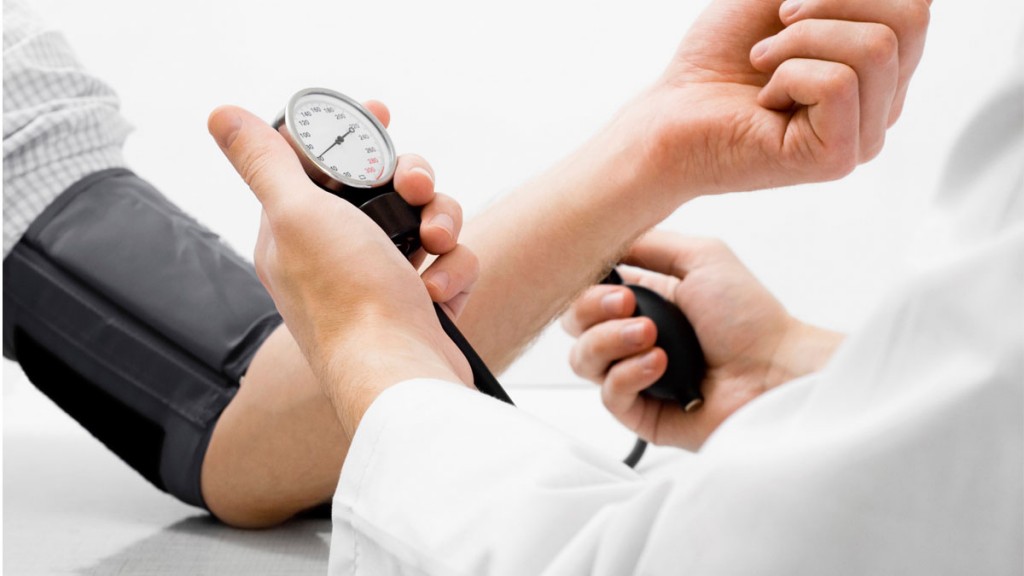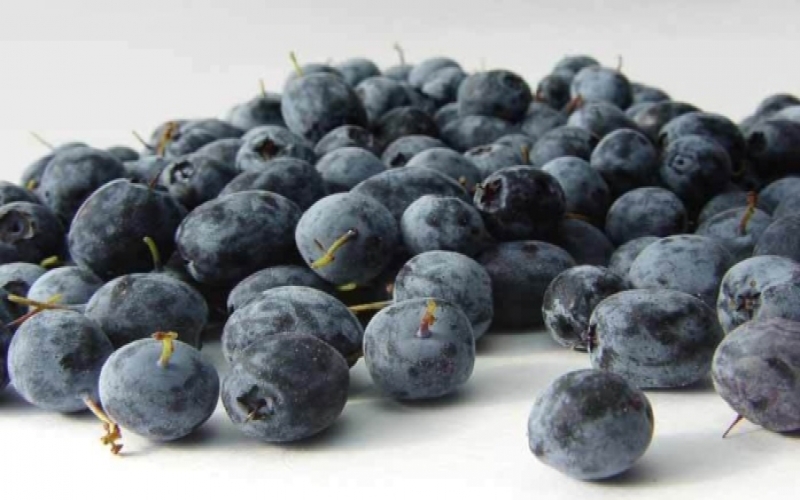HealthDiva Tips for Healthy Bones
How to stop the thinning of your bones as you grow old??
It’s the reality of life: With growing age, your bones too go thinner and start losing their density. After a while, you become more susceptible to injuries. Luckily, you can take steps to stop this “bone thinning”, condition called osteoporosis. Regardless of your age, it is must to always shield your bones by taking an appropriate diet, exercising, and avoiding poor habits such as cigarettes. But with a change in your body, hormones, and lifestyle, there are also a few things that you must execute in order to ensure your skeleton gets the right help and protection it demands. You’re never too young or too old to recover the health and robustness of your bones. The prevention of osteoporosis must start right from your childhood days. And irrespective of your age, the practices you implement now will have an impact on your bone health for the rest of your life.
Thus, now is the right time to take action. Just begin with some tips by HealthDiva team on how to ensure that the 206 bones in your body remain strong and supportive all through your life.
Throughout your life, make sure to:
- Fix to a bone-friendly diet. Take in a sufficient amount of fruits, veggies or dark leafy greens like broccoli, and low-fat dairy products. Females must have about 1,000 milligrams of calcium and 400 to 800 I.U. of vitamin D per day. And subsequent to the period of menopause, they must have more. Almonds, dried figs, soy milk and fortified tofu are also calcium-rich choices
- Keep moving. Exercise plays a direct role on the bone strength as compared to calcium intake, as per latest research. The more impact, the better: Running, jumping rope as well as lifting weights, are all outstanding bone builders.
- Quit smoking. In comparison to non-smokers, females who smoke have lower oestrogen levels and normally reach menopause earlier, both of which brings about a loss in the bone mineral density.
- Limit your alcohol intake. Moderate drinking (1 liquor a day for females) may be good for the bones as it augments the levels of oestrogen; while larger amounts could be detrimental.
- Watch your salt intake. A high-sodium diet (above 2,400 milligrams per day) is related to an excessive excretion of calcium.
Know Your Diagnosis:
There are two medical terms commonly used for low bone density. Osteopenia is the condition in which you have low bone mass that isn’t low enough to be osteoporosis. Approximately, 20% of premenopausal females have osteopenia. Osteoporosis becomes much more severe, which signifies that your bones have lost so much density that they tend to become porous and prone to fractures, particularly in the areas of hips, wrists, and spine. While osteoporosis occurs universally after menopause, it may crop up at any age.
In Your 20s:
- Stay vigilant of your weight. If you’re dieting, make sure to exercise, as well. Research studies have shown that dieting without exercise can give rise to an abrupt bone loss.
- Exercise smartly. Regular exercise that adds a little weight on your bones (20 to 30 minutes a day is just perfect), including lifting weights and running, will help protect your bone density by increasing the formation of osteoblasts. But remember not to overdo it: If you exercise in excess, your period may go uneven or even stop, which may enhance your risk of premature bone loss.
- Focus on your periods. Intermittent periods (fewer than 6-8 per year) are related to low oestrogen levels and frequently with low body weight, which can be a double whammy for bones. Oestrogen is your bones’ best assistant as it tends to slow the rate of bone loss. Thus, if you fail to have a regular menstrual cycle, discuss with your gynecologist.
In Your 30s:
- Shield your bones during pregnancy. If you hold back on calcium while pregnant, your budding baby will take the calcium it requires from your bones. But if you get the suggested 1,000 milligrams a day, your body will suck up even more of the bone-strengthening mineral than usual. Later on, breast-feeding for time duration above a year can harmfully influence your bones, but bone mass, for the most part, can be recovered afterwards if you receive the indispensable quantities of Vitamin D and calcium.
- Spot out the risky medications. The use of corticosteroids (to treat inflammatory bowel disease, asthma, lupus or rheumatoid arthritis), GnRH agonists (for endometriosis) or anticonvulsants (for seizures) can bring about a moderately rapid bone loss. Elevated doses of proton pump inhibitors, used in the treatment of acid reflux, may cause harm to your bones by interfering with the calcium absorption. If you are taking any of these medicines, speak to your physician, he/she might prefer to put you on bisphosphonates, medication that neutralizes the bone loss.
- Get hold on stress. Stress hormones, such as cortisol, can block bone growth and speed up bone breakdown. Likewise, depression can exert damaging effects on bones.
In Your 40s:
- Keep an eye out for missed periods. This could be an indication that you’re entering perimenopause, which signifies the time to accelerate your bone-protection plan by carrying out more strength-training exercises and consuming calcium supplements. When periods become uneven, the real fall in bone mass commences.
- Pay attention to the tricky bone robbers. An overactive thyroid can hasten bone loss, and type 2 diabetes may cause an increase in your risk of fractures. These conditions become more frequent in your 40s.
- Evaluate your risk factors. If you’ve ever experienced a fracture in your adult days, if you have a family history of fractures or osteoporosis, if you are very thin or if you’ve ever had an eating disease, you have an enhanced possibility of developing osteoporosis. Share all these problems with your physician; you may require getting your bone density checked if you haven’t entered menopause until now.
- Talk about hormone therapy with your consultant. Short-term hormone replacement therapy (HRT) to regulate your perimenopausal signs, such as hot flashes, is not measured risky and can be just well for the bones. But with time, HRT can enhance the risk of a heart attack or breast cancer, so talk about the pros and cons with your concerned physician.
Why is bone health so essential?
Your bones are constantly altering – new bone is made and old bone gets worn-out continuously. In young ages, your body makes new bone more rapidly than it breaks down old bone, and your bone mass augments. Most individuals reach their peak bone mass roughly around the age of 30’s. Later on, bone remodelling carries on, but you lose a little more bone mass than you put on.
What are the chances to develop osteoporosis – a condition that results in weakening and thinning of bones making them brittle – depends on how much bone mass you reach by the time you reach the age of 30 and how quickly you lose it later on. The higher your peak bone mass is, the higher bone you have “in the bank” and the less liable you are to develop osteoporosis with age.
Today on the occasion of “World Osteoporosis Day”, HealthDiva team is dedicated to raising global understanding of the prevention, diagnosis and the treatment of osteoporosis and metabolic bone disorder. So, come join our hands in spreading the word about Osteoporosis, with these tips on how to keep your bones strong and healthy!!




